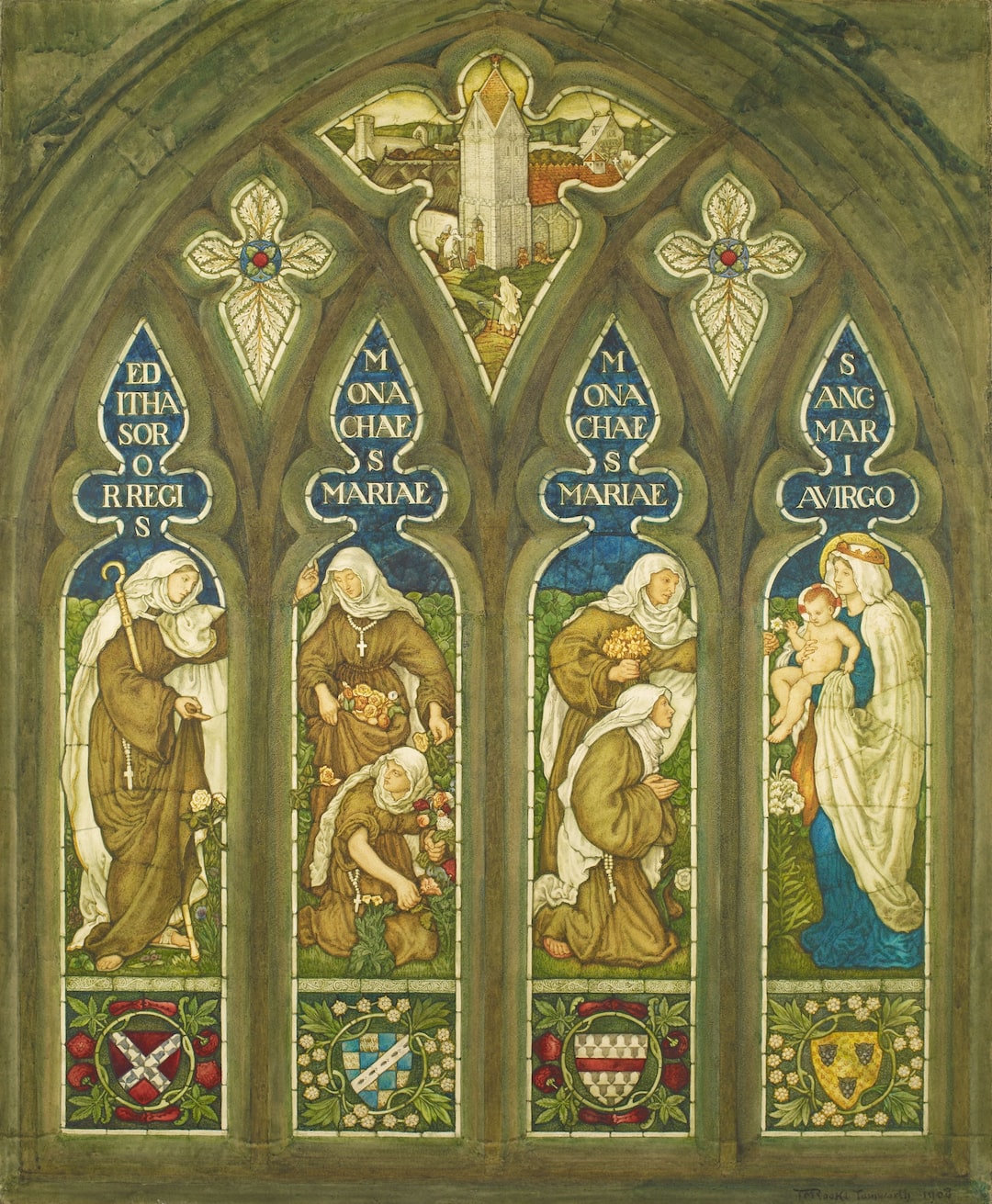Examining the Role of Women in Different Religious Traditions
Religion has always played a significant role in shaping societies, influencing cultural norms, and providing moral guidance. Within the realm of religious traditions, the role of women has been an intriguing topic of discussion. Across various traditions, women have been assigned diverse roles that have evolved over time. This article aims to delve into the examination of the roles of women in different religious traditions, highlighting both historical and contemporary perspectives.
In many religions, women have been portrayed as pillars of their community, playing crucial roles in maintaining and transmitting religious teachings. Hinduism, the world’s oldest religion, has depicted women as goddesses, symbolizing divine power and beauty. However, it is important to note that women in traditional Hindu society were often confined to specific roles, such as wives and mothers, and their liberation was a subject of debate. However, Hinduism also offers powerful female figures such as Kali and Durga, who are revered for their strength and bravery.
Similarly, in Christianity, women have held multifaceted roles. In the Bible, women played pivotal roles in important events, such as the Virgin Mary’s role in the birth of Jesus. However, historically, Christianity has been patriarchal, limiting women’s access to religious leadership positions. Nevertheless, many Christian denominations have embraced gender equality in recent decades, with women serving as pastors, priests, and even bishops.
Islam, often perceived as oppressive towards women, actually provides women with significant rights and responsibilities. The Qur’an acknowledges women’s equal spiritual worth and emphasizes the importance of their education and intellectual growth. However, cultural interpretations and practices have sometimes influenced the suppression of women’s rights. Nevertheless, many Muslim women have been actively challenging these interpretations, advocating for greater gender equality and participating in religious leadership.
Buddhism, originating from the teachings of Gautama Buddha, posits that women can attain enlightenment and spiritual liberation. The Buddha himself ordained women as nuns, granting them a place within the monastic community. However, like other traditions, Buddhism has also experienced gender disparities, particularly in some Asian countries. Nonetheless, women such as Pema Chödrön and Ayya Khema are leading voices within the Buddhist community, promoting women’s empowerment and gender equality.
In many indigenous religions, women hold esteemed roles as healers, spiritual leaders, and guardians of traditions. These traditions often emphasize the importance of balance, harmony, and respect for nature, attributes commonly associated with femininity. Despite the influence of colonization and the erosion of certain practices, indigenous women continue to fight for the preservation of their cultural heritage and the restoration of their rightful roles.
Examining the roles of women in different religious traditions reveals a complex tapestry of experiences, shaped by history, culture, and theological interpretations. While some traditions have propelled gender equality, others have struggled to surmount patriarchal structures. However, it is important to recognize that there is constant evolution within each tradition, as women challenge existing norms and contribute to their religious communities.
Today, women in various religious traditions are tirelessly working towards dismantling discriminatory practices and advocating for equality. They are redefining the roles women can play within their religions, vocally expressing their spiritual aspirations, and breaking barriers in religious leadership. These women are not only paving the way for future generations but also enriching their respective traditions with their unique perspectives and contributions.
In conclusion, the examination of the role of women in different religious traditions highlights the interplay between culture, tradition, and women’s empowerment. While some religious traditions have historically limited women’s roles, others have provided avenues for women’s liberation and spiritual growth. It is vital to acknowledge the ongoing efforts of women within the religious sphere, as they redefine gender roles and challenge traditionally held beliefs, promoting greater inclusivity and equality for all.

